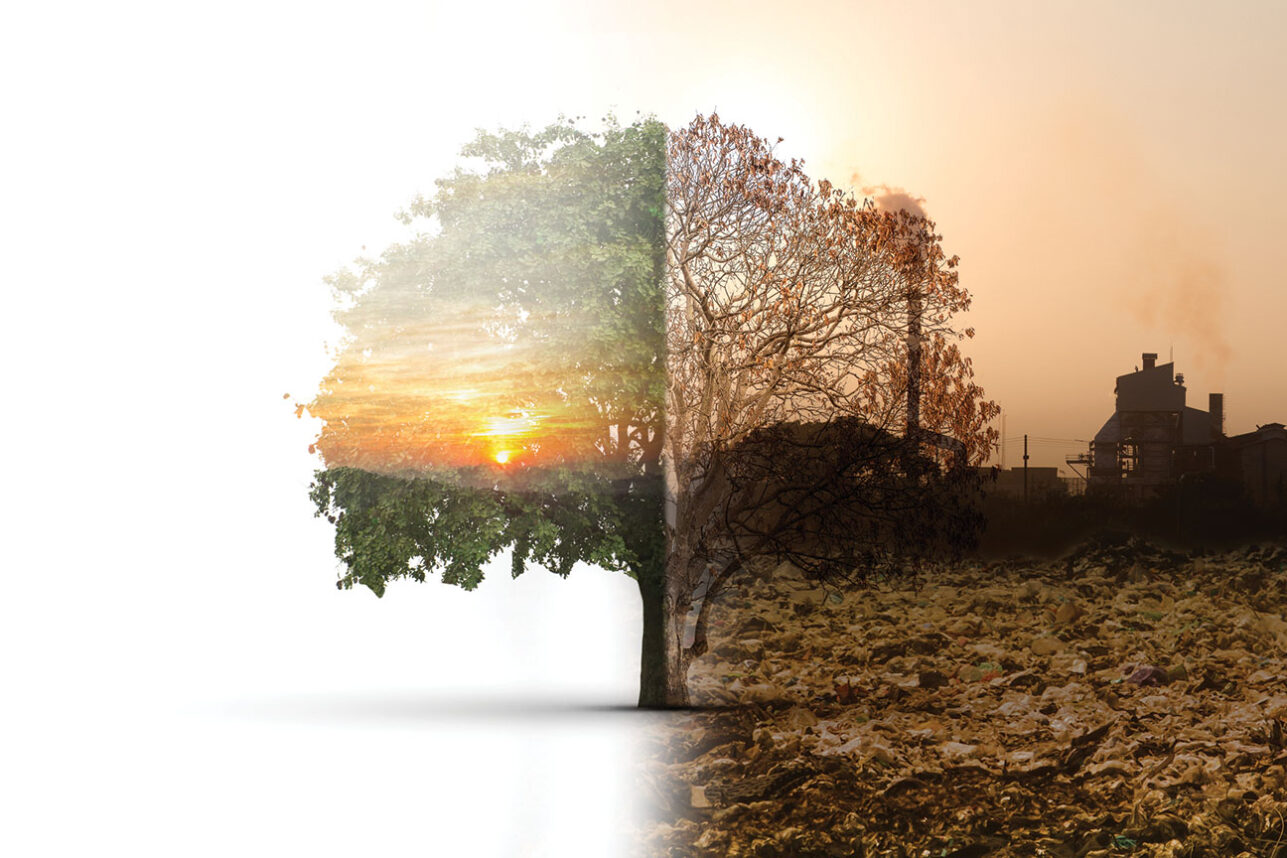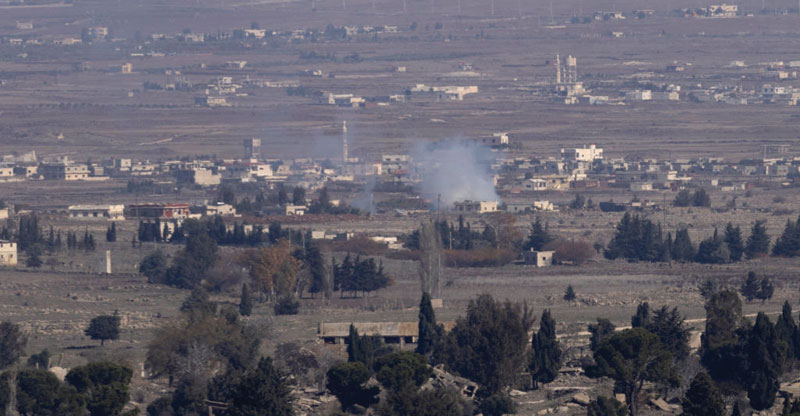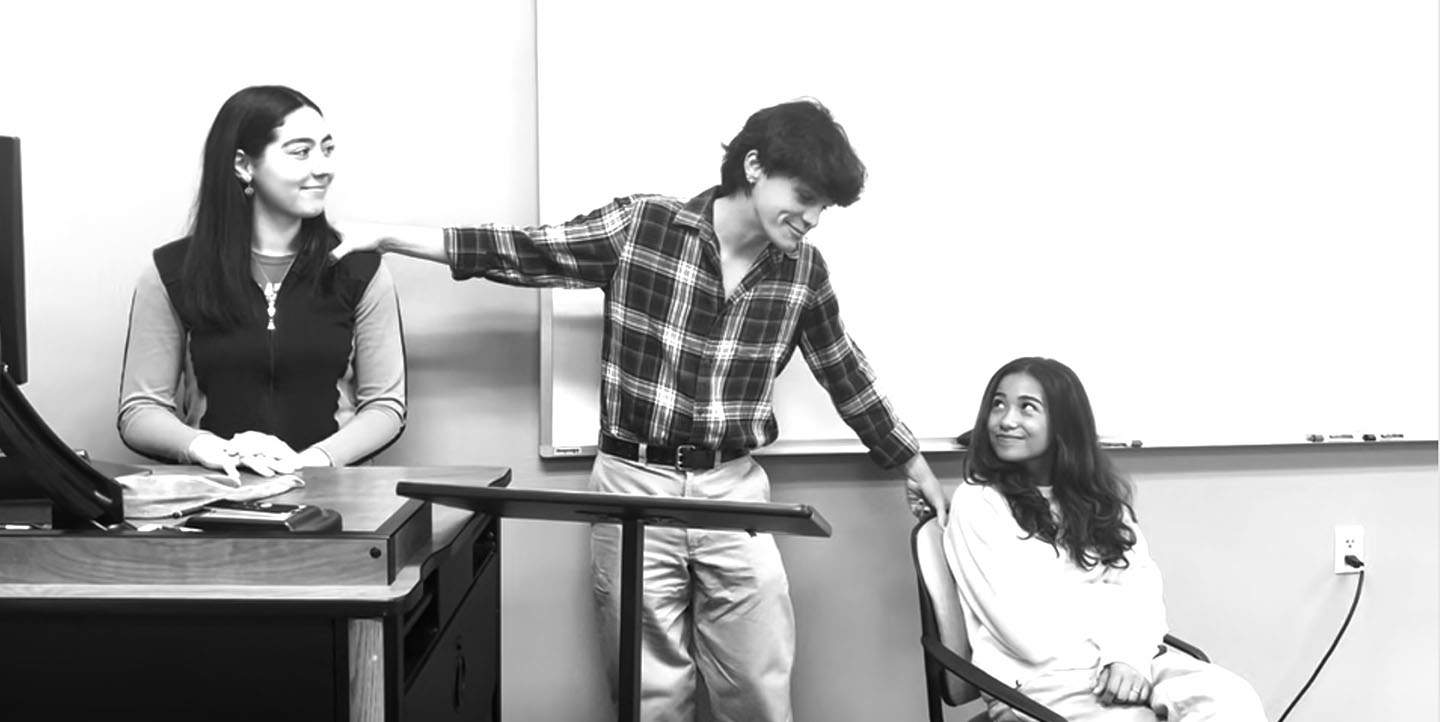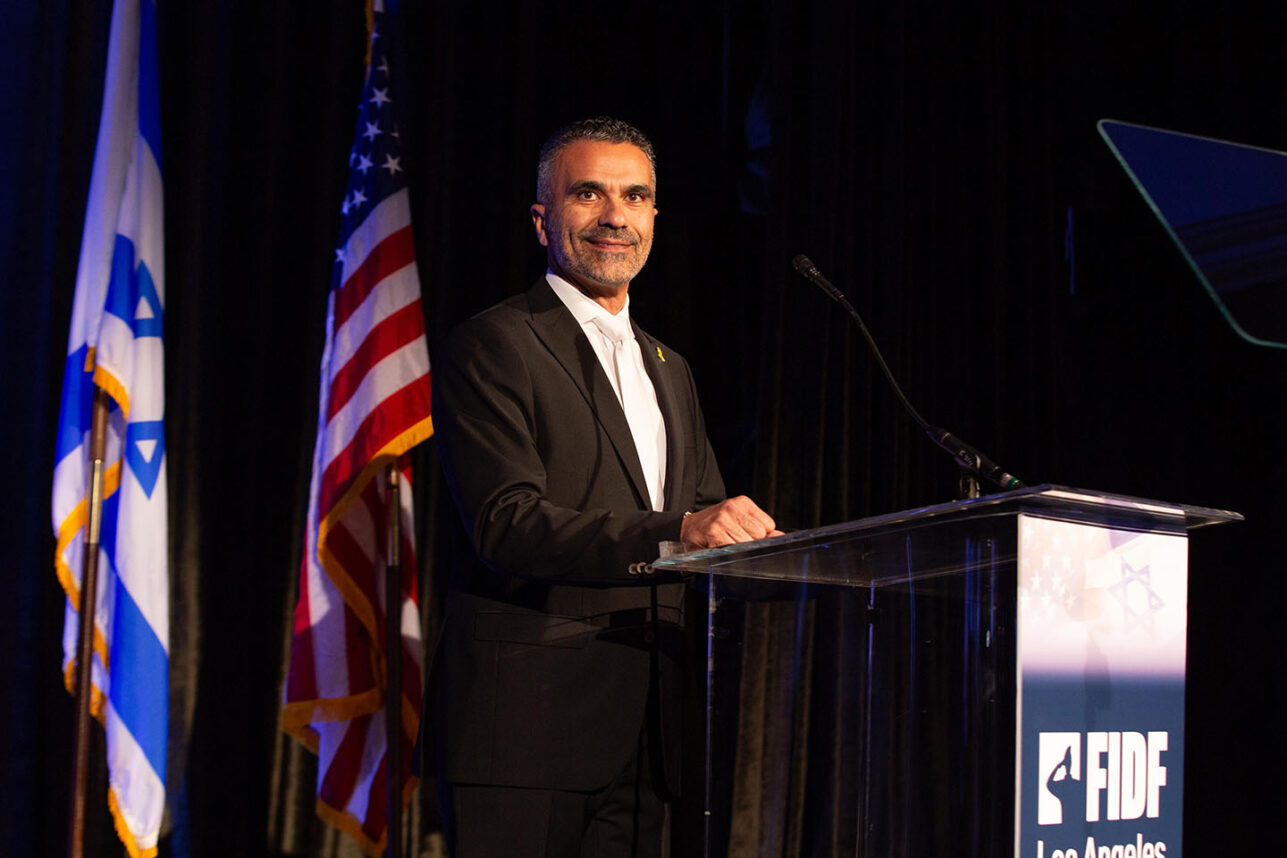After the destruction of the Second Temple two millennia ago, a group of scholars came together to discuss the nature of Judaism in a post-Temple world.
Their discussions, which make up the Talmud, set forth a path for the future of Judaism to come.
“Now, once again, a group of gifted scholars gather to reinterpret the Jewish project, to reassert its meaning, re-envision its institutions and reimagine its future,” asserts the introduction of the new book: “Jews and Judaism in the 21st Century: Human Responsibility, the Presence of God and the Future of the Covenant,” edited by Valley Beth Shalom’s (VBS) Rabbi Edward Feinstein (Jewish Lights Publishing, $24.99).
The conversation of reimagining the Jewish people took place in March 2005 at VBS in Encino on the occasion of Rabbi Harold M. Schulweis’ 80th birthday, when five scholars gathered “to grapple with the deepest issues that face the Jewish people as we face the new century,” Feinstein wrote.
The book presents the best of the four days of lectures and dialogues by the Reform Rabbi David Ellenson, president of Hebrew Union College-Jewish Institute of Religion; two Modern Orthodox rabbis — professor David Hartman, founder and director of the Shalom Hartman Institute of Religion in Jerusalem; and Irving “Yitz” Greenberg, president of Jewish Life Network/Steinhardt Foundation, and two Conservative rabbis — Schulweis and Harold Kushner, author of “When Bad Things Happen to Good People.”
These learned rabbis together try to answer the question “How Have You Changed — How Have We changed?” using Jewish sources, personal anecdotes and Jewish history to discuss the next steps for the Jewish people.
If it’s true that Judaism had to be rethought after the destruction of the Second Temple so long ago, then it’s equally true that this new millennium — especially after the 20th century — demands a rethinking of the meaning of Judaism. Who is God? What is our relationship to God? How can we believe in the God after the Holocaust? What is the role of the Jewish people? How much should the Jewish people be engaged in the outside world?
These sometimes personal, sometimes lofty, sometimes didactic essays talk about subjects like globalization, pluralism, the Holocaust, the founding of the State of Israel, the Jewish conscience and responsibilities and, of course, God.
While there have been many, many books written about Jewish thought and Jewish life (especially by those present in the book), it is rare to find such great thinkers coming together and, more importantly, focused forward, rather than on the past.
“While history is irreversible, we have the power to decide what of our past belongs in our future,” Schulweis writes in “Globalism and the Jewish Conscience.” As founder of the Jewish World Watch, a response to genocide in the Sudan, the Jews’ past means also taking responsibility for what happens to the rest of the world, not just to ourselves.
“We gave the world conscience,” he writes, and that’s why we cannot close the newspaper, close our eyes, close our ears. With globalization comes global responsibility, a global God and a global conscience because “at stake is humanity.”
For Ellenson, pluralism is the key to dealing with the modern world.
“There is something of value in virtually every sector of the Jewish world — no group has the monopoly on truth,” he writes. “If a religion does not instruct you to embrace others, then it has to be, by definition, of limited or no utility.” Like Schulweis, he says the challenge of Judaism is action: “How do we treat our own people, and how do we treat others?”
Kushner provides a historical perspective on what has happened to Judaism in the last century. He wants to see assimilation “as a doorway into the Jewish community, not as a doorway out.”
The two Modern Orthodox rabbis have more nuanced approaches to modernity — which, Greenberg writes, brought on the Holocaust, which, he believes, taught Jews they cannot wait for God to save them.
“Taking power is the fundamental transformation of our religion now,” he writes. “God’s own message is that you have to take responsibility.”
Although all the rabbis discuss our relationship with God, in “A Covenant of Love,” Hartman investigates the changing relationship with God, from Abraham and the sacrifice, to his bargaining with God for Sodom to the talmudic era and Spinoza, till today. He sees the Jewish people in a partnership with God.
“God doesn’t bring about anything,” he writes. “What you seek from God now is not some teaching or some sort of liberation. What you seek from God is not that God will solve any problems, but that God should be with you.”
The essays, although sometimes erudite, counter many assumptions about Judaism, assumptions learned in childhood or study or more traditional sources — such as about a demanding, cruel God. The book’s discussions of the role of denominations, speaking to the non-Jewish community, the role of the synagogue and the rabbi all are rich catalysts for further thought.
Feinstein sums it all up in a sentence that gets to both the essence of the Jewish character, and the challenge facing the Jewish people: “We have this hope, a dream of a perfect world. But our hope is backed up by our commitment and our lives and our religions and our community and our desire to make it a reality.”





















 More news and opinions than at a Shabbat dinner, right in your inbox.
More news and opinions than at a Shabbat dinner, right in your inbox.